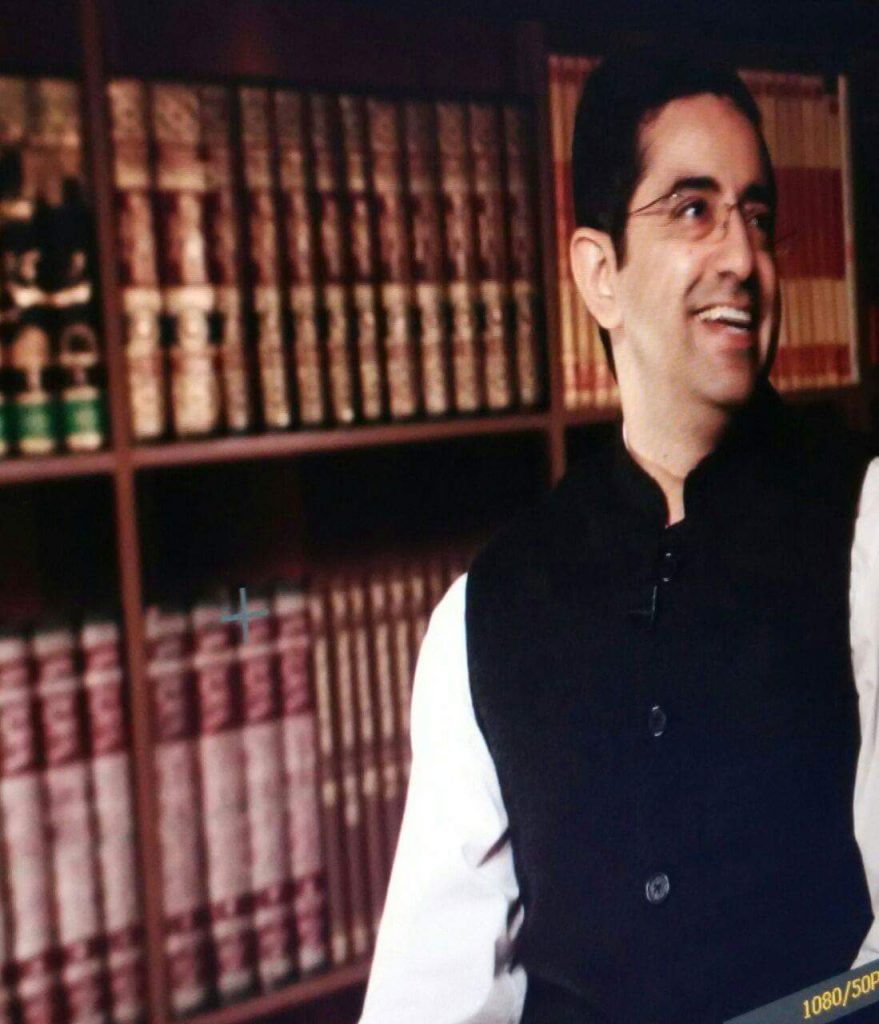
By Rajat Malhotra
One of the most erroneous beliefs about the Quran is that it is a book that is meant only for Muslims. Nothing could be farther from the truth, however. The Quran, which literally means, ‘to be read’, is in fact a book that is meant for the entire humankind. In its 114 chapters the Quran addresses all of humanity. In the Quran, God addresses us all all human beings, not just Muslims alone directly.
I had always thought of the Quran as a book of rules and regulations, but surprisingly, when I read it, I found in it answers to my questions. It helped me understand why God created us, what the purpose of my life ought to be, and what comes after death.
Did you know that the Quran covers a variety of subjects, such as brotherhood, peace, compassion and tolerance? Did you know that the Quran addresses questions like how we can grow mentally stronger, how we can face challenges and manage stress, how we can develop spiritually, and above, all how we can discover the Creator of us all?
Let me give you an example of Quranic teachings about social life. We often face the problem of enmity, both at the individual level and at the larger level, including between communities and countries. For this problem the Quran gives the following solution. It says: “Good and evil deeds are not equal. Repel evil with what is better; then you will see that one who was once your enemy has become your dearest friend (41:34).
From this we learn that a person who might seem to be a permanent enemy is not really so. Rather, he is actually potential friend. All we need to do is to transform this potentiality into actuality. When we return good behavior for bad behavior, it touches the conscience of the other and turns enmity into friendship. This principle holds true at every level between individuals, between communities, and between countries, too.
This Quranic teaching is based on a principle that may be called ‘unilateral ethics’. That is to say, to do good to others and be good with them unilaterally, irrespective of whether they behave in the same way with you. Bilateral ethics is not a part of the scheme of the Quran. There is no doubt that in terms of results, unilateral ethics is far more effective than bilateral ethics.
If you are seeking answers in your spiritual quest, then read the Quran today. To get your free copy of the translation of the Quran in English and/or various other languages, visit www.cpsglobal.org or contact [email protected]
May God help us and guide us.
(Dr. Rajat Malhotra is a member of the New Delhi-based Centre for Peace and Spirituality International and can be contacted on [email protected])

COMMENTS